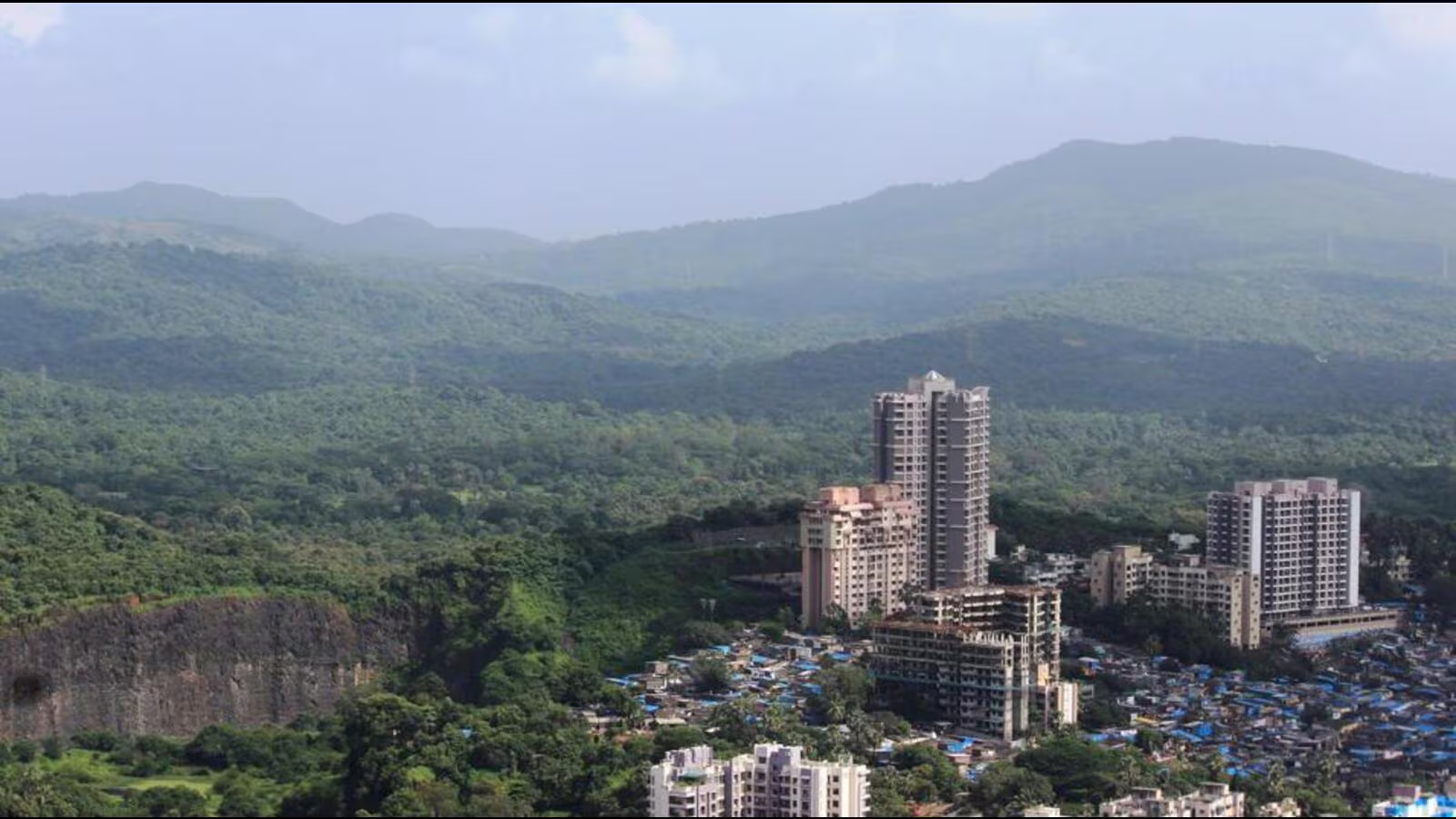Mumbai urban development authorities have initiated a regulatory amendment to resettle nearly 2,000 tribal families and about 25,000 encroacher households residing within Sanjay Gandhi National Park (SGNP) onto lands classified as “no development zone” (NDZ). A notification issued on 30 June under the Development Control and Promotion Regulations (DCPR), 2034, seeks public feedback within 30 days regarding this significant policy shift. The move aims to navigate land scarcity within city limits while addressing longstanding habitat infringement.
Officials from the urban development department (UDD) clarified that NDZ lands in Mumbai have previously been allocated to corporate offices, including IT firms. Drawing on this precedent, planners propose extending utilisation to rehabilitate affected communities, citing the lack of sizeable alternate land parcels for relocation. The 30-day suggestion window allows residents and stakeholders to voice concerns or support for the proposal before finalising the regulation amendment. A landmark 1997 order by the Bombay High Court instructed state authorities to relocate slum dwellers from within SGNP boundaries. However, successive state administrations and forest department officials have remained unable to enforce the ruling, citing political constraints and a dearth of land. The current policy review marks the first significant attempt to operationalise that order, addressing residents long considered legally impermissible yet factually entrenched within protected green spaces.
According to the forest department, approximately 2,000 Adivasi families reside in 43 hamlets scattered along SGNP’s periphery, while an additional estimated 24,951 households have encroached into the park. The public notice clarifies that these households remain eligible for relocation under the proposed NDZ amendment. It also reaffirms SGNP as a crucial ecological reserve for Mumbai and Thane, providing essential ecosystem services such as urban climate mitigation, biodiversity conservation, and freshwater filtration. An urban planning expert involved in drafting the policy said that NDZ land is the only viable option within city boundaries, as Eco Sensitive Zones (ESZ) cannot house resettlement projects by law. Officials emphasised that without modifying DCPR regulation 34, there would be no mechanism to facilitate lawful relocation without infringing upon legally protected zones.
In February, a high-level committee chaired by the Chief Minister deliberated on resettlement strategies for SGNP residents. The outcome recommended integrating relocation pathways into the DCPR framework and designating NDZ land for transitional housing. The June notification formalises this recommendation, setting the stage for implementation pending public consultation outcomes. Environmental advocates express concern, arguing that NDZ lands—deemed critical for ecological balance—must remain sacrosanct. One noted that diverting NDZ land for resettlement perpetuates a cycle of ecological trade-offs rather than resolving the original infringement. “For over 25 years, the government has failed to address its own failures. This move risks undermining another green buffer,” said an SGNP watchdog.
Proponents view the plan as an equitable compromise, acknowledging the human cost of eviction without rehabilitation. A UDD official noted that hundreds of families have resided in the park for decades, with limited access to essential services such as water, sanitation, education, or healthcare. The NDZ proposal offers structured housing with basic infrastructure—representing a substantial improvement in living conditions and urban inclusivity. The policy aligns with Mumbai’s broader objectives of fostering equitable growth and zero-carbon urban planning. Both state and city authorities face mounting pressure to reconcile conservation imperatives with human rights, particularly as climate vulnerabilities underscore the importance of preserving urban green infrastructure. Relocating park-bound households is seen as a step toward restoring ecological integrity while redistributing settlement pressure to peripheral NDZ rights.
However, logistical challenges remain formidable. NDZ sites often lack basic civic amenities and fall outside well-integrated urban zones. Questions linger over whether proposed land parcels can accommodate tens of thousands of residents without creating new socio-economic enclaves. Infrastructure planners warn that without transport, sanitation, schools, and livelihood access, the resettlement could perpetuate inequality in a different form. Opponents also fear a slippery slope: if NDZ land becomes earmarked for human habitation, how will the city safeguard critical urban buffers against future development pressures? Environmental experts propose stringent usage conditions, including time-bound occupancy, ecological safeguards, and mandatory restoration once alternate housing becomes available.
The legal framework governing the move remains under scrutiny. Any amendment to DCPR will undergo stringent review, including environmental impact assessments and district-level zoning reviews. Citizens and advocacy groups are expected to submit counter-affidavits and mobilise around key objections, especially those concerning habitat conservation and policy clarity. As Mumbai strides toward climate-resilient urbanisation, this policy represents an inflection point. The city must balance human dignity with environmental stewardship—a challenge reflected in the relocation narrative. While regulatory change is underway, the outcome hinges on implementation rigour, policy transparency, and the efficacy of the public consultation process.
Ultimately, the resettlement initiative may strengthen urban equity and conservation synergy—or it may reveal new fault lines in Mumbai’s growth architecture. The coming weeks will test whether regulatory innovation, civic involvement, and ecological ethics can coalesce in service of a truly inclusive, sustainable city.
Also Read : Pune Expressway Missing Link Work Slows Down May Miss Revised Completion Date


